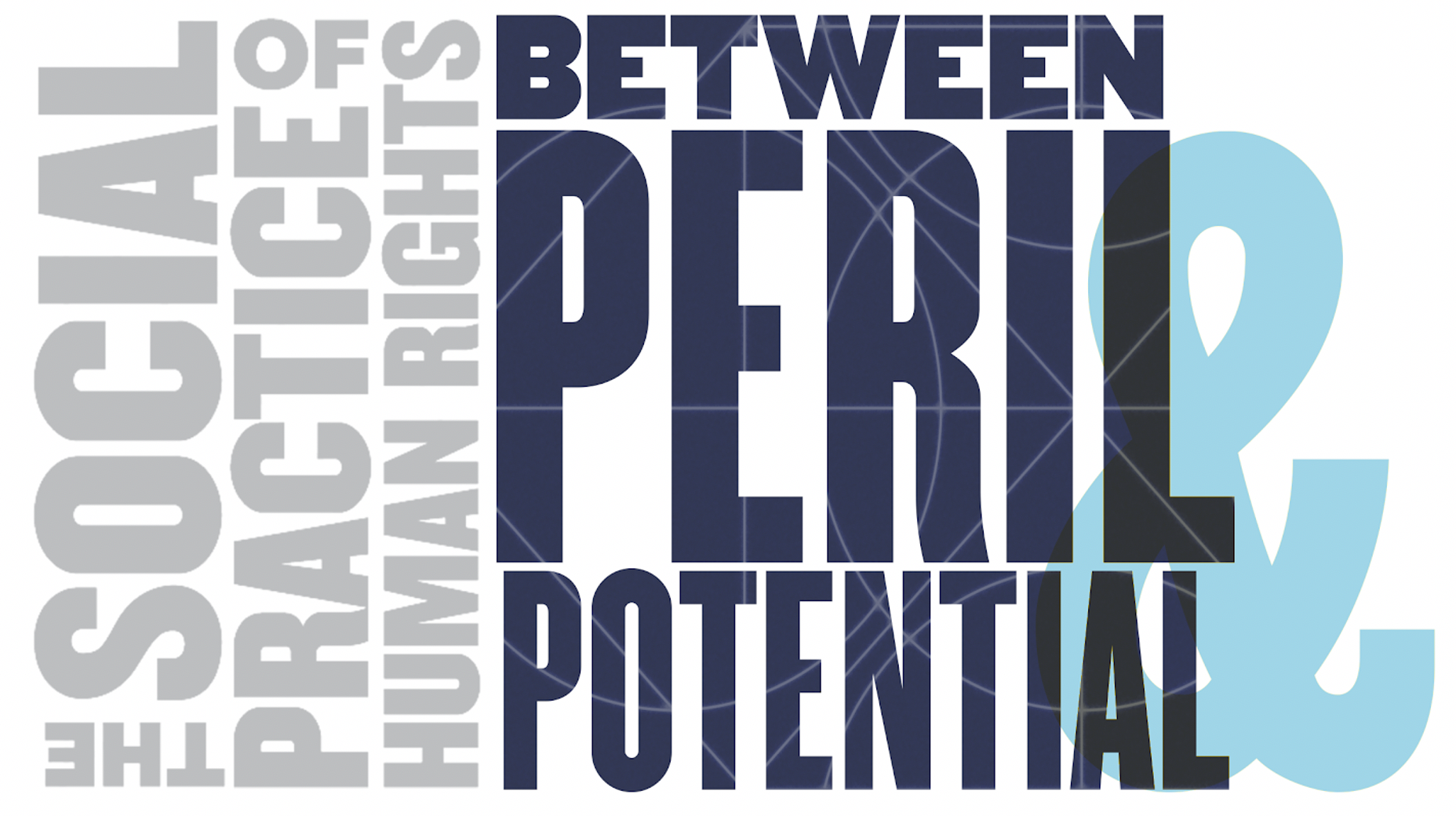Human Rights and Placemaking: Universities in Community Ecosystems
Location
Room S2006, Curran Place; also presented remotely
Start Date
12-3-2021 4:00 PM
End Date
12-3-2021 5:30 PM
Keywords
Placemaking, Universities, Action models, decolonization
Abstract
We argue that universities operate in urban economies as a colonizing force, extracting space and other resources from communities while privatizing and enclosing the knowledge commons. Operating in coordination with powerful economic entities, universities operate as “industrial complexes” that reinforce the interests of powerful actors and industries and undermine community influence in important decisions that affect people’s lives. COVID-19 exposed how today’s urban economies and built environments—shaped increasingly by an “eds, meds, and tech” growth model—compromise the livelihoods of residents in various ways. We argue that human rights defenders must advocate a “decolonization” of cities and a dismantling of conventional university industrial complexes as a prerequisite for advancing and protecting human rights in cities. We draw from our observant participation work in study abroad and Pittsburgh to propose some promising avenues for doing such work.
Author/Speaker Biographical Statement(s)
Neil Brown, UrbanKind Institute & Duquesne University Jackie Smith, University of Pittsburgh (2021-22 Fellow of the Swedish Collegium for Advanced Study) & Pittsburgh Human Rights City Alliance
Human Rights and Placemaking: Universities in Community Ecosystems
Room S2006, Curran Place; also presented remotely
We argue that universities operate in urban economies as a colonizing force, extracting space and other resources from communities while privatizing and enclosing the knowledge commons. Operating in coordination with powerful economic entities, universities operate as “industrial complexes” that reinforce the interests of powerful actors and industries and undermine community influence in important decisions that affect people’s lives. COVID-19 exposed how today’s urban economies and built environments—shaped increasingly by an “eds, meds, and tech” growth model—compromise the livelihoods of residents in various ways. We argue that human rights defenders must advocate a “decolonization” of cities and a dismantling of conventional university industrial complexes as a prerequisite for advancing and protecting human rights in cities. We draw from our observant participation work in study abroad and Pittsburgh to propose some promising avenues for doing such work.



